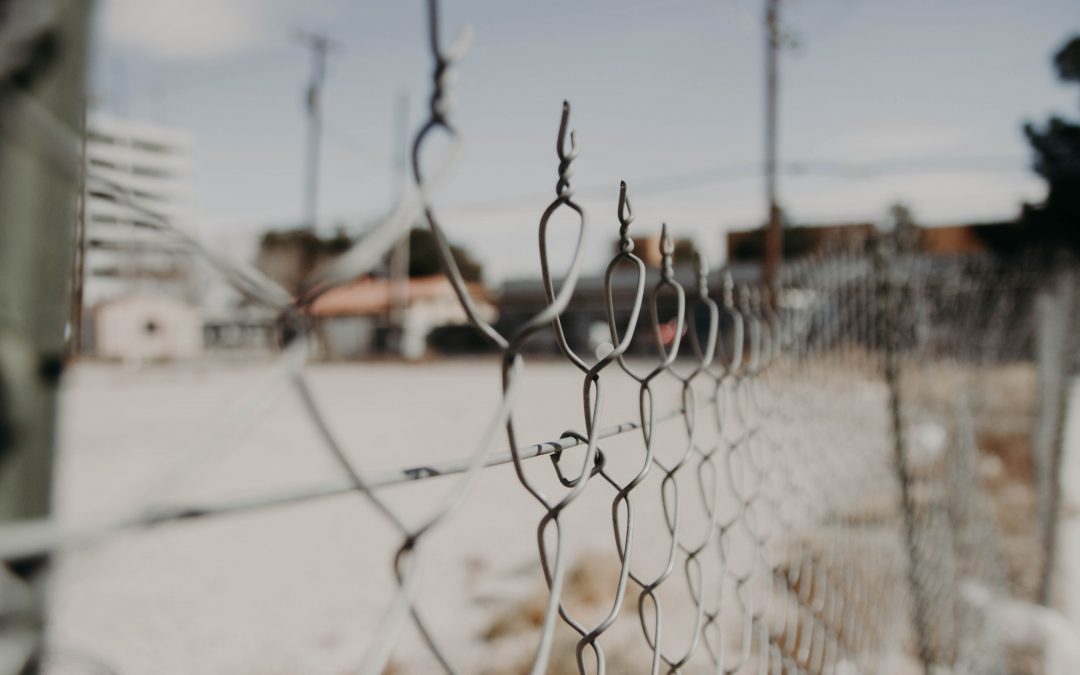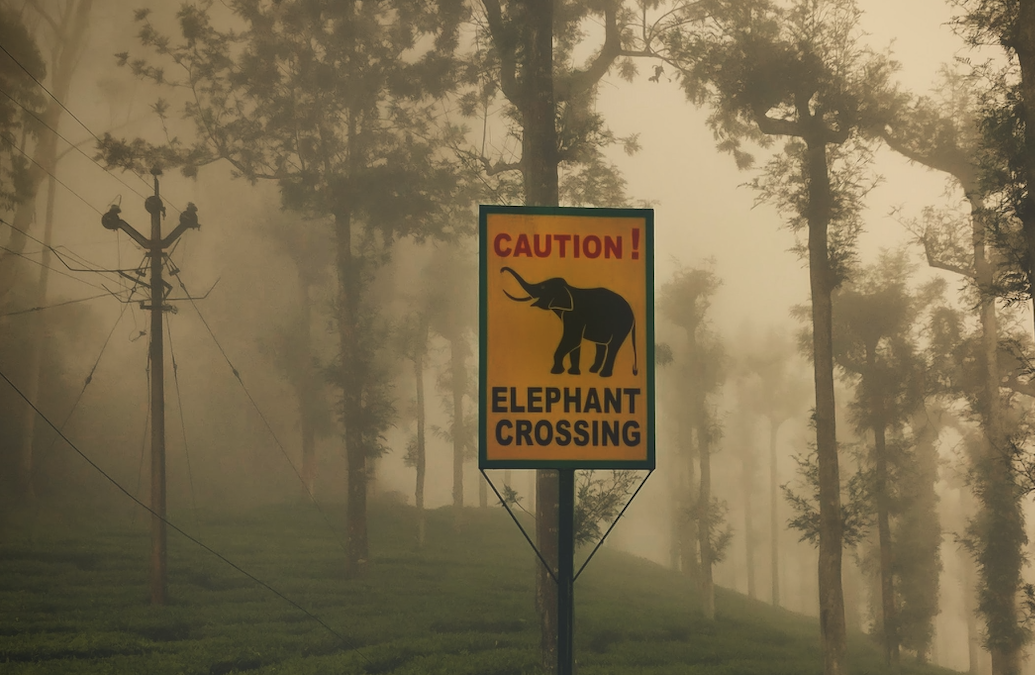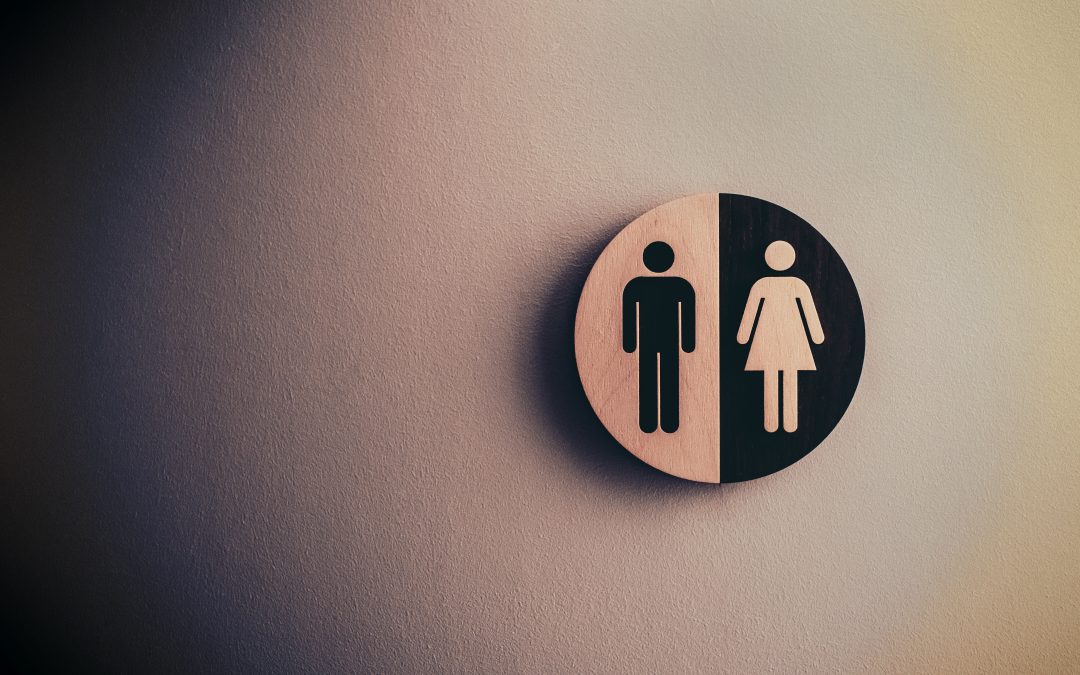
14 Nov 2023 | #Authorship, #OpenScience, #Power
Scientists are increasingly expected to engage with the public. At the same time, they face increasing hostility when they speak out. Female scientists, as a more frequent target of sexist hostility, fear being attacked and enjoy speaking out less than their male counterparts. The question arises: Is science communication really feasible for everyone in the current hostile environment? This short analysis focuses on female scientists as a subgroup of a large survey sample and how their assessment of public engagement differs from that of their male counterparts.

07 Nov 2023 | #OpenScience, #Power
In August 2023 Benedikt Fecher conducted an interview with Clemens Blümel from the German Centre for Higher Education Research and Science Studies (DZHW) on the topic of ‘what happens when science opens up and communicates’ and the emerging challenges for future scientific communication.

11 Sep 2023 | #Power
Bao & Huang on gender biases in Chinese scientific committees, calling for policy reforms in academia.

20 Mar 2023 | #Ethics, #Power
Kristin Eichhorn, co-initiator of #IchbinHanna, on fair working conditions in research and the failed reform proposal in Germany.

04 May 2022 | #GlobalScience, #Power
This opinion piece draws attention to the disadvantage of the academic STEM system, especially for female academics.

22 Dec 2021 | #COVID-19, #Power
A wrap up of 2021 on Elephant in the Lab by the Editorial Team

19 Oct 2021 | #Power
Zhao et al. on an individual’s role in the scientific system and some coping mechanisms to alleviate the stress of the precarious working conditions of early career academics.

12 May 2021 | #Power
Donia Lasinger on the contribution of the Vienna Science and Technology Funds (WWTF) as a compareably small funding organization to equality of all genders

14 Apr 2021 | #Infrastructure, #Power
Renke Siems on user tracking on science publisher platforms, its implications for their individual users and ways to face this issue

31 Mar 2021 | #Power
Sabine Müller on the hierarchical system of German academia and why it could be a problem for the wellbeing of young academics and Ph.D. candidates. She compares it to her experiences at Oxford University and sheds light on the differences between the two research cultures.

29 Mar 2021 | #Power
Lucy G. Gillis on inequalities in science reproduced by letters of reference and how to encounter them

16 Mar 2021 | #Power
Kelsey Medeiros on sexual harassment, what role it plays in relation to power structures in academia, and possible ways to address it

11 Mar 2021 | #Power
A group of researchers from the German N² network presents the results of a survey among PhD students on the abuse of power in science and outlines ways to counter it

24 Feb 2021 | #Authorship, #Power
Ruixue Jia on the influence of administrative power in Chinese academia on researchers’ publication activity, their selection of co-authors, and the topics they are writing about.

28 Jan 2021 | #Power
Linda Jauch on powerful dependancies of academics to funding bodies, their supervisors and what to do about it.

20 Jan 2021 | #GlobalScience, #Power
Katrin Martens take on the struggles of transdisciplinary research.

22 Dec 2020 | #COVID-19, #Infrastructure, #Power
A look backwards from the editorial team.

10 Dec 2020 | #Power
Katrin Frisch on encounters with the different forms of west german hegemony throughout her scientific training and everyday working life in academia.

01 Dec 2020 | #Power
Haibo Ruan from the Lise Meitner Gesellschaft on the forms of power abuse in science, its gender dimension, and how to address and overcome it.

03 Nov 2020 | #Power
Gorup & Laufer on how control is exercised and abused within relationships between doctoral supervisors and their students, what happens when PhD students challenge this control, and how we break free of this cycle of control.

11 Jul 2019 | #GlobalScience, #Power
Prevention of power abuse and supervision conflicts should be considered as a matter of good scientific practice, argues the doctoral researchers network N² in their postition paper. Jonathan Stefanowski explains how this can be done.





















